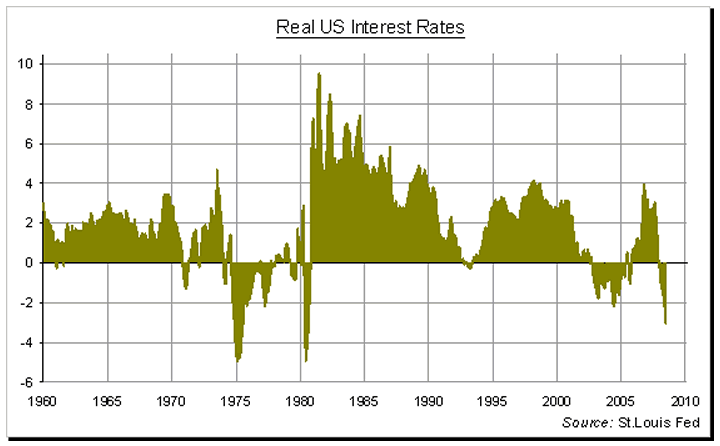- Joined
- Jun 3, 2009
- Messages
- 30,870
- Reaction score
- 4,246
- Gender
- Male
- Political Leaning
- Very Conservative
So you are saying that monetary and fiscal policy is currently perverse, but don't offer up how to prevent the crisis from occurring again. I don't follow your reasoning.
Let failing companies fail and don't let credit build up when there is no savings. That's a classic bubble.



